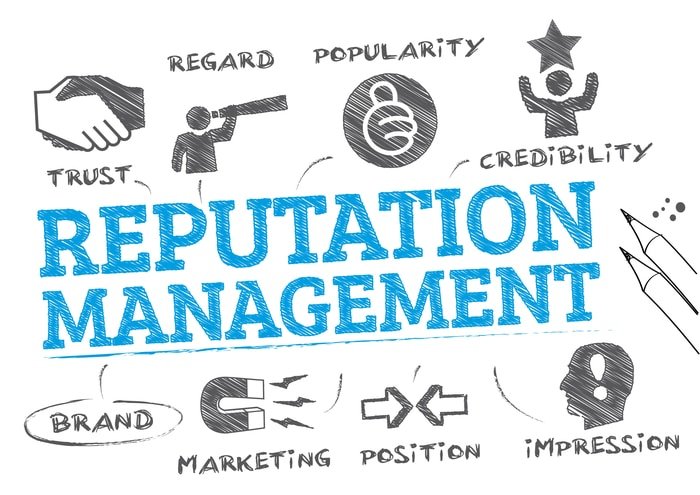What is a reputation management plan for the internet?
An online reputation management approach entails using methods that assist organizations in establishing a favorable brand image. This includes things like keeping track of brand mentions, responding to consumer concerns, and having a crisis management plan in place for a variety of events that might hurt your reputation.
You should anticipate a bump in revenue, decreased turnover, and better client loyalty if you get your best online reputation management company right.
What measures should you take to build a plan for managing your internet reputation?
Now that we’ve covered the term, let’s look at the steps you should take to develop a successful reputation management plan.
Recognize your present internet presence.
You need to know what your brand’s overall feeling is on day one before you can come up with an action plan.
When it comes to online opinions, the simplest approach to get started is to type your business name into Google and see what shows up in the top results.
Make a list of your key difficulties and goals.
As a result of your results, you must:
Make a list of the problems you’d like to solve or avoid in the future. To remove the most reoccurring incidents, check the volume or reputational impact.
Determine which networks you should pay special attention to. For example, this snapshot from Mailchimp shows that roughly 92 percent of their brand mentions on Twitter occurred between January 6th and February 4th, 2021.
Define your best online reputation management company goals or whatever aspects of your brand management you’d want to concentrate on the most. Assume, for example, if your sentiment research found that you had a 15% unfavorable opinion share. You’ve also found that you have a hard time seeing and responding to negative social media reviews on the same day they’re posting. Before planning to substantially reduce the bad comment share to, say, 5% in two months, consider whether it’s realistic given the size of your social media moderation staff and other ORM resources.
Make sure your proactive and reactive online reputation management strategies are in place.
In order to be effective, an online reputation management approach must be proactive as well as reactive.
What exactly do we mean when we say ‘proactivity’?
Investing in data analytics to predict specific behaviors and reactions, as well as uncover future problems and hazards, is an example of being proactive. It is more than just a review of your internet reputation. You should take a step back and assess whether your website’s usability is in good working order. You should also review your price to verify that it remains competitive versus other market participants, and so on.
What does it mean to be “reactive”?
Being reactive, on the other hand, involves knowing how to respond in the event of a catastrophe. Make sure your online reputation management approach includes a plan for identifying a developing issue before it spirals out of hand. This entails teaching your employees how to recognize problems and when to escalate them to management.
Look for stories that mention your name.
Look for articles with a lot of traffic that reference your brand or product and make sure the content is up to date. Let’s say a popular article highlighting your product was written last year. However, you’ve adjusted your rates in the meanwhile, and you’d like the article to reflect that.
Related posts
Subscribe Now
* You will receive the latest news and updates on your favorite celebrities!
Meet the Author

Gillion is a multi-concept WordPress theme that lets you create blog, magazine, news, review websites. With clean and functional design and lots of useful features theme will deliver amazing user experience to your clients and readers.
Learn moreCategories
- Animals (6)
- Business (579)
- Cooking (3)
- Design (17)
- Education (59)
- Entertainment (62)
- Fashion (39)
- FASHION (89)
- Featured (19)
- FOOD (42)
- Guide (55)
- Health (290)
- HOME (184)
- Interior (14)
- Life (8)
- Lifestyle (111)
- Motivation (6)
- News (47)
- People (4)
- Photography (5)
- Review (4)
- Style (4)
- TECH (176)
- Travel (107)
- Uncategorized (1,441)



Stay connected